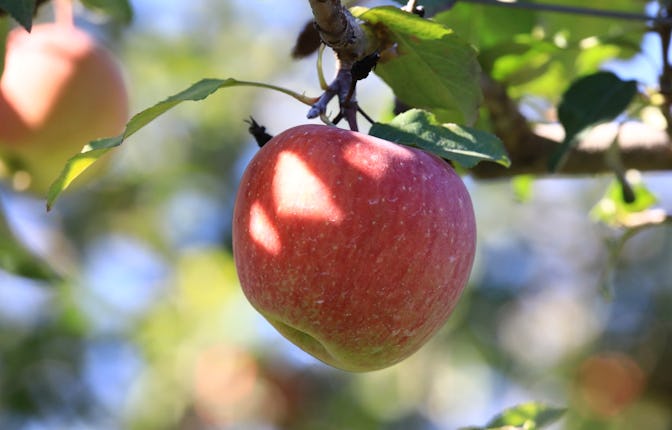Before We Were Human, We Were Vegetarian
New research outlines the plant-based diets of our prehuman ancestors and their implications for modern eating habits.

Recent research has unveiled insights into the dietary habits of our prehuman ancestors, suggesting that they were predominantly vegetarians. This revelation not only reshapes our understanding of human evolution but also invites us to reconsider our own dietary choices in the context of sustainability and health.
The study, published in the journal Nature, analyzed fossilized dental remains from various hominin species, including Australopithecus and early Homo. Researchers utilized isotopic analysis to determine the types of foods consumed by these ancient beings. The results indicated a significant reliance on plant-based foods, with evidence pointing to a diet rich in fruits, nuts, seeds, and tubers.
According to Dr. Sarah Johnson, a leading anthropologist involved in the study, “The isotopic signatures found in these fossils suggest that early hominins adapted to a largely herbivorous diet long before they began incorporating meat.” This finding aligns with previous studies indicating that the shift towards omnivorous diets occurred much later in human evolution.
Implications for Modern Diets
The implications of this research extend beyond mere historical curiosity. A plant-based diet is often touted for its health benefits, including lower risks of chronic diseases such as heart disease and diabetes. Moreover, it has been shown that reducing meat consumption can significantly decrease an individual's carbon footprint.
A report by the Food and Agriculture Organization (FAO) highlights that livestock production contributes approximately 14.5% of global greenhouse gas emissions. Transitioning towards more plant-based diets could play a crucial role in mitigating climate change effects.
The Rise of Plant-Based Alternatives
As awareness grows regarding the environmental impact of meat consumption, there has been a notable surge in plant-based alternatives. Products like Beyond Meat and Impossible Foods have gained popularity among consumers seeking sustainable options without sacrificing taste or texture. According to market research firm Statista, sales of plant-based foods are projected to reach $74 billion by 2027, reflecting a growing trend towards vegetarianism and veganism.
Moreover, recent studies indicate that incorporating more plant-based meals into one’s diet can lead to improved overall health outcomes. A 2022 study published in JAMA Internal Medicine found that individuals who adhered to plant-based diets had a 25% lower risk of developing heart disease compared to those consuming higher amounts of animal products.
Cultural Shifts Towards Vegetarianism
Cultural perceptions around vegetarianism are also shifting. Once viewed as restrictive or niche, plant-based diets are now celebrated for their diversity and adaptability. Social media platforms have played a significant role in this transformation, with influencers promoting vibrant vegetarian dishes that showcase creativity and flavor.
In addition to individual choices, many restaurants and food brands are responding to consumer demand by expanding their vegetarian offerings. A survey conducted by The Good Food Institute revealed that 60% of consumers are interested in trying more plant-based meals than they currently do. It’s a trend that may be something of a throwback — way back to the dietary habits of our forbears.